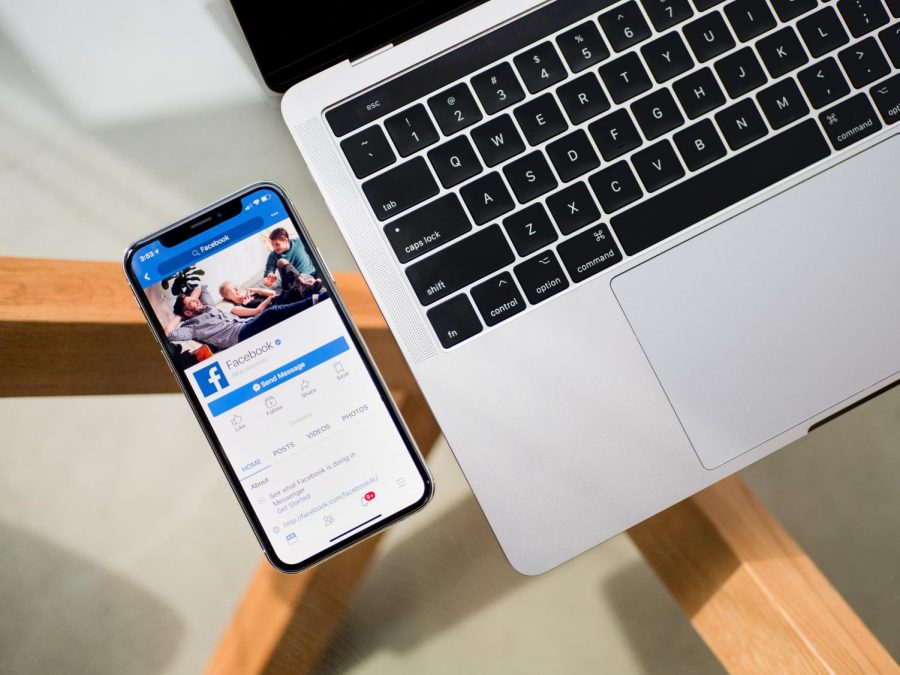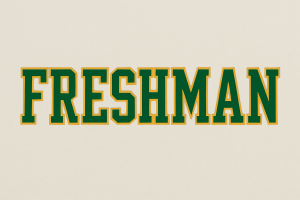Facebook Changes Name to Meta
November 19, 2021
On October 28 2021, Facebook, the world’s biggest online social network, officially rebranded its name to Meta. Mark Zuckerberg’s company claims to have done so in hopes of people perceiving the app as “the next generation of the Internet.” However, many speculate that Facebook is doing so to cause a distraction, in order to cover up controversies about its past.
According to Zuckerberg, the new company’s name, “Meta,” is a reference to the Greek term for “beyond.” The name is supposed to reflect the several platforms it owns, including Instagram, WhatsApp, and Messenger. According to Zuckerberg, its current brand, Facebook, is not broad enough to encompass all its other projects and accomplishments, let alone its future endeavors. Short for the term “metaverse,” “[Meta] symbolizes that there is always more to build, that there’s always a next chapter to the story,” Zuckerberg said. The company is changing its name to reflect its commitment to the future of the metaverse.
Essentially, the metaverse will be a maximalist version of the Internet. Mentions of the metaverse first appear in Neal Stephenson’s book, Snow Crash, published back in 1992. The book describes a virtual reality, sci-fi version of the Internet. “The metaverse will feel like a hybrid of today’s online social experiences, sometimes expanded into three dimensions or projected into the physical world,” Zuckerberg said. He predicts that by the end of the decade, people will be more accepting of exploring virtual reality. Meetings would be done in VR, making it feel more real than video calling. For example, there would be a wider variety of fitness activities available through the VR headset, “but instead of having a bike or a treadmill, the device is your VR headset and you’re basically taking a class in there, where you’re boxing or dancing,” Zuckerberg said. Concerts, gaming, and endless forms of entertainment would be available in VR. Meta is also working to develop augmented reality glasses to maximize productivity. “With basically a snap of your fingers, [you can]… have basically as many monitors as you want, all set up, whatever size you want them to be, all preconfigured to the way you had it when you were at your home before,” he said. Zuckerberg refers to this as the “infinite office,” where people can carry their work to virtually any place they want. Meta could create jobs that currently don’t exist, and even spur the creation of new economies in the metaverse. A critical aspect of the metaverse is the ability to design your ideal workspace; this would present job opportunities for creative people to build virtual items, spaces, and more.
As interesting as it may sound, many are still uncertain about the outcome of Facebook’s rebranding. “Personally, I don’t like the change. The fact that the name … has been Facebook for so long makes it pretty illogical in my opinion to suddenly change the brand in logo,” Ryan Kim (’23) said. “Facebook is a part of internet culture and has incredible name recognition, so changing it may alienate users and also may affect Facebook’s popularity.” Moreover, many believe that Facebook is going through this rebranding process in order to distract users from the various controversies and scandals that it has caused over the years. From privacy problems to political propaganda, this company is no stranger to getting criticized by the public. Elizabeth Dwoskin wrote in The Washington Post about how the company was accused of “ignoring warnings from its employees about the risks of their design decisions and exposed vulnerable communities around the world to a cocktail of dangerous content.”
In 2018, the platform found itself in hot water after the Cambridge Analytica Scandal, in which the private information of millions of Facebook users was leaked and planned to be sold to political campaigns by Cambridge Analytica. And more recently, Facebook has found itself in another controversy after one of its project managers left, taking with her thousands of internal documents that “details company research into how it spreads hate” and “incites violence,” according to The Washington Post.
In the end, Zuckerberg hopes that people will no longer view the company simply as a social networking platform but an expansive metaverse company bridging the gap between the virtual and physical world. Whether people are ready to metamorphosize with their new line of thinking is another question yet to be answered.




















































































































































